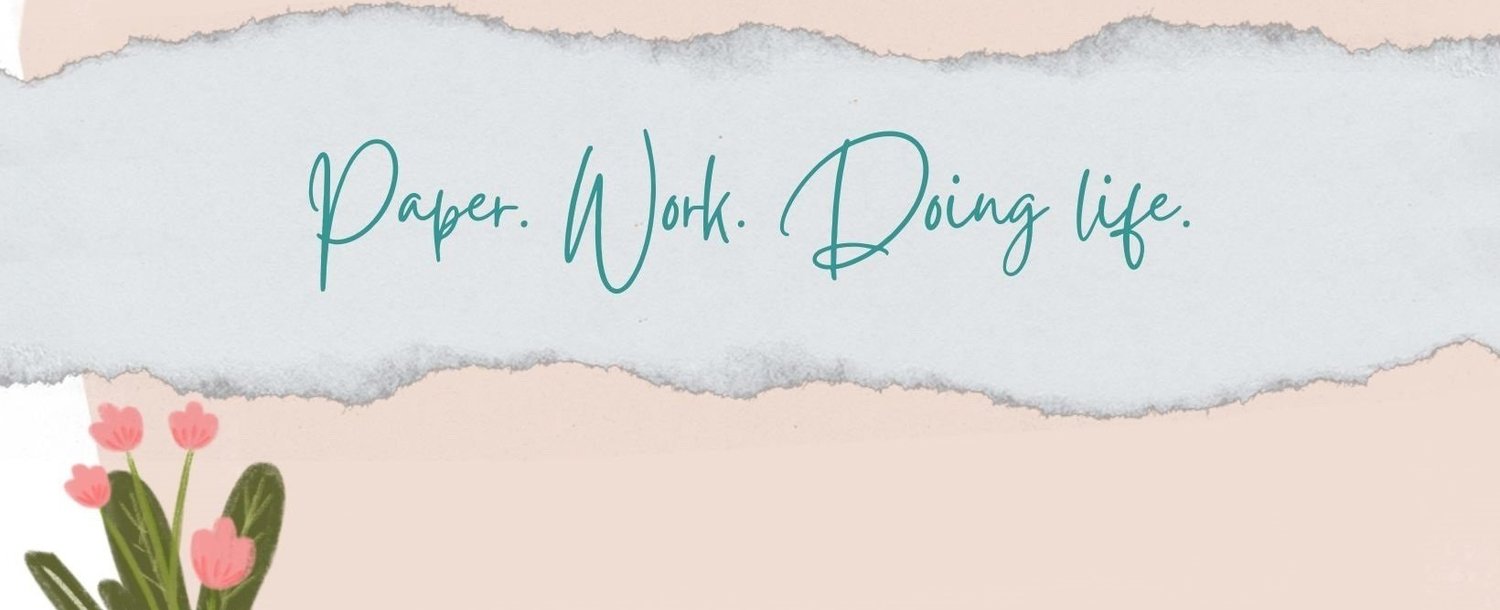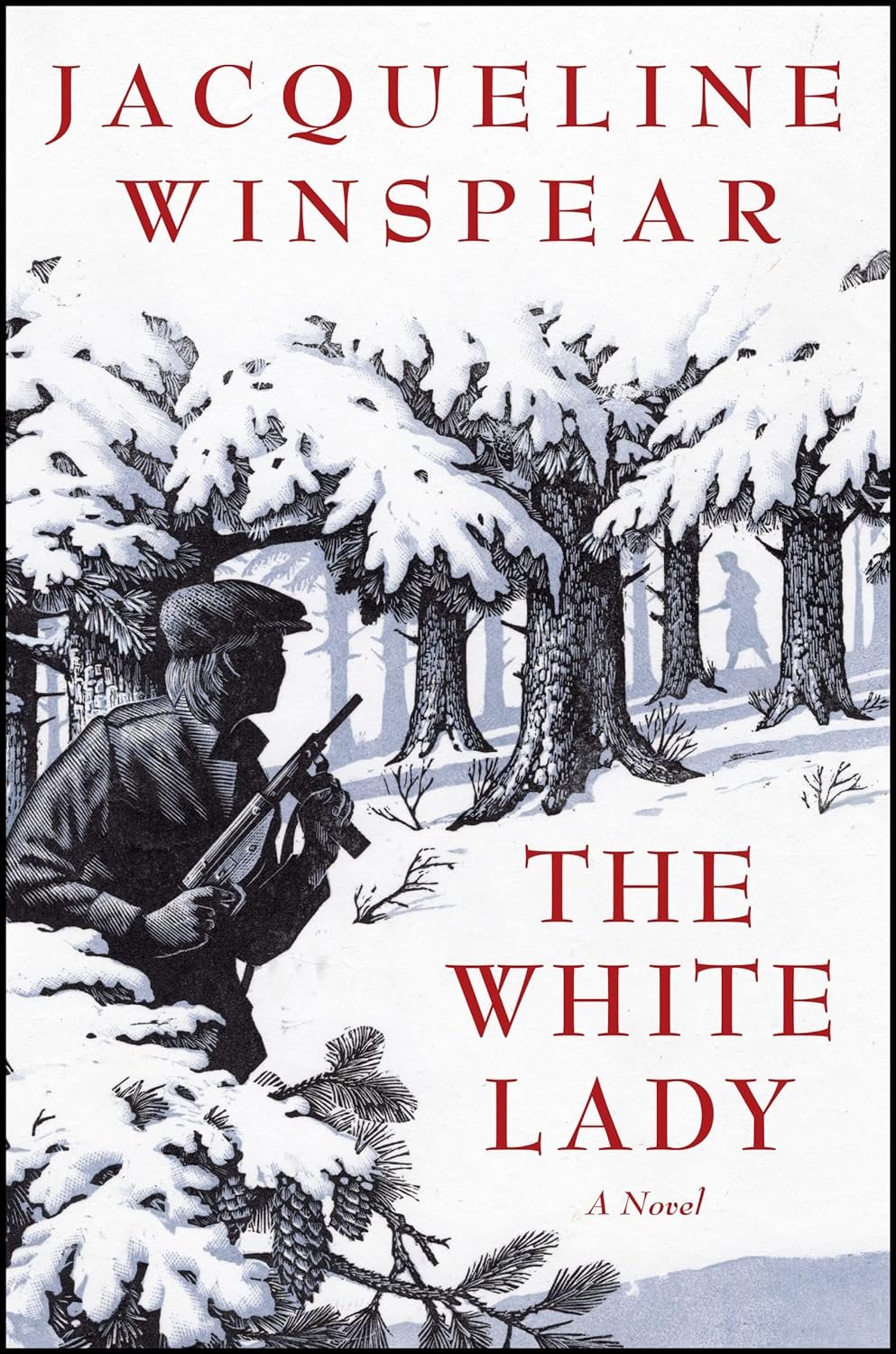The White Lady - Jacqueline Winspear
I was left with the same general feeling when I finished The White Lady by Jacqueline Winspear that I get when I read a historical novel like this. I am in awe of the resilience of people in history who have survived more than I can imagine. Their cleverness and strength in these times is often nothing short of miraculous. I have not suffered in such a way. And quite honestly, I doubt my ability to step up. And, while this is not a political blog in ANY way, I am reminded how much I hate war: the loss, the destruction, the evil it engenders. I can’t. And I can’t with people who seem eager for war to occur. I don’t know if I have a better solution to solving world disagreements and profound philosophical differences, but I fervently believe that war is not it. I spent my adult life trying to educate students to have a more thoughtful view of the world. Part of the figuring out process of doing life for me has to be how to continue efforts toward making a difference.
My local library’s book club led me to Jacqueline Winspear through Maisie Dobbs. We read the first book of the series years ago. I was exploring my local Libby collection after a re-listen to Maisie when I discovered Winspear’s new book The White Lady. Following three timelines WW1, WW2 and shortly after the war in 1947, we learn the story of the white lady, Elinor White. In 1947, she is a mysterious lady who lives alone and remains fairly isolated from the rest of her small village until she finds herself drawn to little Sally Mackie. Through this she learns that Sally’s dad is in trouble - even danger - and determines to get to the root of the problem to protect the family - even when it puts her at odds with Scotland Yard. Throughout the novel, we learn of Elinor’s harrowing past as a member of the resistance in WW1 and essentially a spy in WW2. We meet her mother and sister and come to know the history of how she became the mysterious woman who will take on the local mob.
Winspear moves flawlessly between the timelines revealing just what we need to know about Elinor at the perfect time. Through the plot we learn (or are reminded) of the extensive efforts in both World Wars 1 and 2 of the resistance and espionage. I am as always fascinated by the courage and skill of these “regular” citizens thrust into unbelievably dangerous situations due to the war. The Europeans who lived through both wars deserve an homage to be sure. Most of the ones about whom I’ve read just downplay the struggle, stoically building a life following war. Elinor reflects this ethic. I enjoyed her complexity. I am glad we meet her as a fairly young girl and get to follow her development through both wars. We experience her fears and her grief both of which help us to understand the choices she makes in the novel. I appreciate the attention to detail in the setting. We are brought quickly into village life and war life. Part of the success of the novel for me was the excellent narration of Orlagh Cassidy. I googled her to find out what else she had narrated and discovered that she has been an actress on a few of my favorite shows. Her acting experience comes through very clearly and enhances the experience of the audiobook version of Jacqueline Winspear’s The White Lady.

